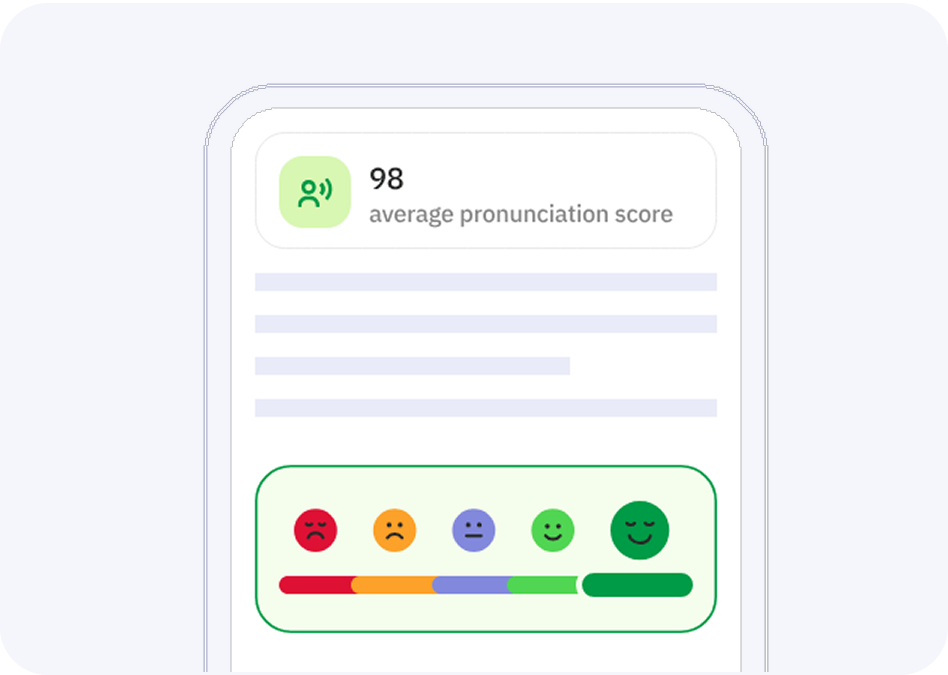Mastering the Art of French Slang – Speak Like a Local
Have you ever landed in a French-speaking city and thought you had a pretty good grip on the language, only to be met with a wave of unfamiliar phrases and expressions? Welcome to the vibrant world of French slang – or as the French call it, “l’argot.” It’s the informal language that pulses through the streets of Paris, the cafes of Lyon, and the sun-kissed Riviera, giving the French their flair for cool and effortless communication. In this comprehensive guide, we’ll take an intimate look at the rich tapestry of French slang, helping you to not just understand it, but to wield it with the finesse of a native speaker. So let’s dive in and discover the conversational magic that will make your French sparkle with authenticity.

The talkpal difference

Personalized Education
Every student has a distinct approach to acquiring knowledge. Through Talkpal technology, we analyze the study habits of millions of users at the same time. This data helps us craft highly effective educational tools that are fully tailored to fit the personal preferences and goals of each individual.

Cutting-Edge Technology
Our main goal is to lead the way in providing accessible and tailored learning journeys for everyone. We achieve this by utilizing the most recent breakthroughs in modern innovation to deliver a superior AI tutoring experience on both mobile and desktop devices.

Making Learning Fun
We have transformed the educational process into something genuinely entertaining. Staying motivated while studying online can often be difficult, which is why we designed Talkpal to be captivating. Our platform is so engaging that users frequently prefer acquiring new language skills over playing video games.
LANGUAGE LEARNING EXCELLENCE
The most efficient way to learn a language
Try Talkpal for freeFrench Slangs
A Brief Foray into the Origins of French Slang
Before we get into the nitty-gritty, let’s take a moment to appreciate the history behind this colorful language. French slang has roots that traverse deep into the underbelly of society, originating with thieves and the lower classes as a means of communicating without the upper echelons understanding. Over time, it has evolved and been adopted into everyday parlance, breaking the barriers of class and becoming an integral part of French culture.
Everyday Slang to Amp Up Your Conversational French
So, what are some essential French slang terms you should know?
– “Bouquin”: Forget “livre;” if you’re talking about a book in casual conversation, “bouquin” is your go-to word.
– “Fringues”: This is what you’ll call clothes when you’re shopping at the local “marche” instead of expensive stores.
– “Bouffer”: While “manger” is the formal term for eating, “bouffer” is its laid-back cousin, used when you’re grabbing a bite with friends.
– “Ouf”: It’s the verlan (French backslang) term for “fou,” which means crazy. Verlan is simply the act of flipping the syllables of a word – a slang within slang!
Throw in a “grave” (seriously) or “ouais” (yes) instead of the textbook “oui,” and you’re well on your way to sounding like you’ve been strolling the French streets your whole life.
Decoding Youth Lingo – The Language of the French Millennial
As expected, the younger generation continually shapes and molds slang into something of their own. When chatting with Gen Z, here are a few terms you might encounter:
– “Cimer”: A verlan term for “merci,” signaling a cool, casual thanks.
– “Tarpin”: Used predominantly in the South of France, it means ‘very’ or ‘a lot.’
– “Chiller”: Borrowed from English but given a French twist, to ‘chill’ or ‘hang out’ is to relax and enjoy some downtime.
Understanding the context of these words can help you not just fit in with the youth but also give you insight into modern French culture.
Slang for the Tech-Savvy and Online Dwellers
French internet and texting culture has its own set of shorthand slang:
– “MDR”: “Mort de rire,” the French LOL, is used when something is hilarious.
– “Tkt”: Short for “t’inquiète,” meaning “don’t worry.”
These abbreviations save time and convey messages with breezy efficiency while texting or chatting online.
Navigating Through the Slang of Love and Relationships
French is the language of love, and its slang shows that romance doesn’t always have to be formal.
– “Un coup de foudre”: Literally ‘a lightning strike,’ this is the term for love at first sight.
– “Draguer”: This means to flirt or hit on someone – essential knowledge for the amorous adventurer.
Slang in the Kitchen – French Culinary Lingo
The French love their food, and they have an array of slang to prove it:
– “Se faire un gueuleton”: This means to enjoy a lavish meal, usually among friends.
– “Avoir la dalle”: It means to be extremely hungry, to have ‘the slab’ – emphasizing the need for sustenance.
By peppering your language with these gastronomic terms, you’ll not only impress your French friends but also embrace one of France’s most cherished aspects – its cuisine.
Keeping Up with the Fast-Paced Evolution of Slang
Slang is a living, breathing part of the language, ever-changing and adapting. To stay au courant with French slang, immerse yourself in French media – watch films, listen to contemporary music, and, if possible, engage in conversations with native speakers. Remember, context is critical; some slang might be fine among friends but could raise eyebrows in a formal setting.
Wrapping It Up with Slang – An Endearingly French Habit
In wrapping up our exploration into French slang, keep in mind that to truly master l’argot, you need to practice, listen, and not be afraid to make mistakes. French speakers often appreciate the efforts of those trying to speak their language, slang and all.
French slang is more than just a way of speaking; it’s an insight into the French way of life – playful, expressive, and endlessly charming. As you incorporate “argot” into your French repertoire, you’ll find your conversations getting not just more natural, but also more enjoyable. So let loose a little, drop in some slang, and watch as the French world opens up to you with a warm, knowing smile.
Bonne chance, et amusez-vous bien! (Good luck, and have fun!)
The most efficient way to learn a language
Try Talkpal for freeFrequently Asked Questions
What is French slang, or "l’argot"?
Why should I learn French slang?
Where does French slang originate from?
What exactly is “verlan” in French slang?
10. How can I naturally keep up to date with the rapidly evolving nature of French slang?







